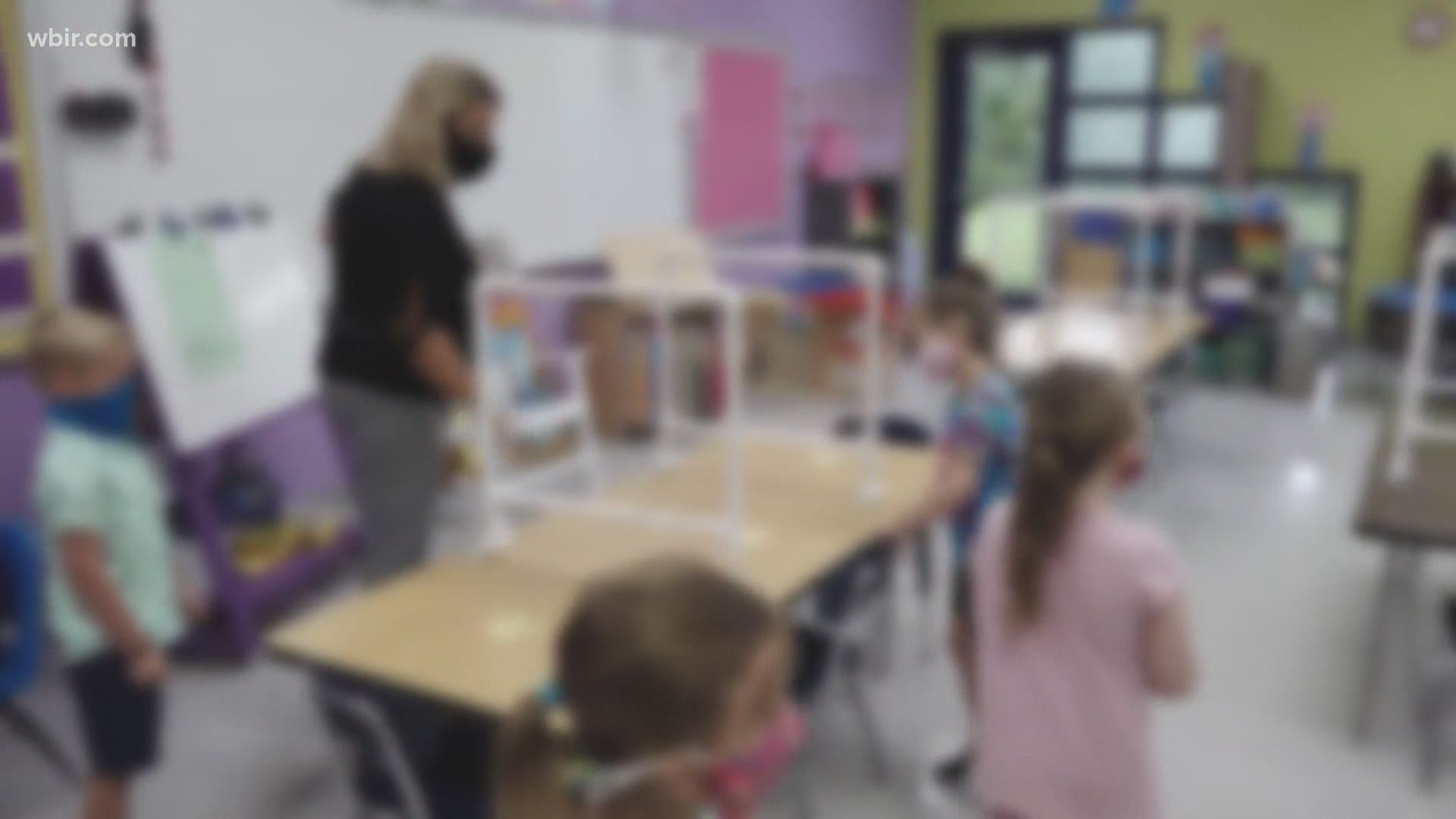KNOXVILLE, Tenn. — The ways trauma affects people as they grow older can be complicated. Some psychologists spend their whole careers studying how personality disorders, depression, anxiety and other mental issues can take form from experiences in early childhood.
Research from the Vine School Health Center revealed more people may face trauma than previously thought. A new study from the center found that 10% of children faced severe trauma at some point in their lives. The number is around the same for adults, who have years' worth of more experience.
Spanish Version: Investigación revela que hay más niños experimentando traumas
However, most studies focus on how adults handle trauma. Researchers said they wanted to look at how children handle trauma instead.
"We were interested in protecting our children so that doesn't happen for them, and also helping them deal with trauma once it occurs," said Nan Gaylor, the director of the center.
The study involved more than 1,000 and examined areas including physical abuse, emotional abuse, sexual abuse, their home environment and more. Their responses to questions were used to tally their Adverse Childhood Experiences score, or ACE score.
The score is often used to predict whether people are at higher risks for some health problems later in life. The more trauma a person may have experienced during childhood, the more likely they may develop some mental issues later on.
"We wanted to measure the ACE scores of our children because it's important," said Gaylord. "We know that adverse childhood experiences change brain development."
Only 42% of children were not exposed to trauma and had low or 0 Ace scores, according to the study.
Researchers said the higher the ACE score a child had, the more behavioral problems and mental health issues they saw. Children with high ACE scores also had more learning problems, according to researchers.
They also warned that the number likely just scratches the surface of trauma that children may be dealing with, and said they hope the data may be used to help children in the future.
The more people who know how to identify when a child is dealing with trauma, and know how to keep an eye out for it in their community — the more children can be helped.

